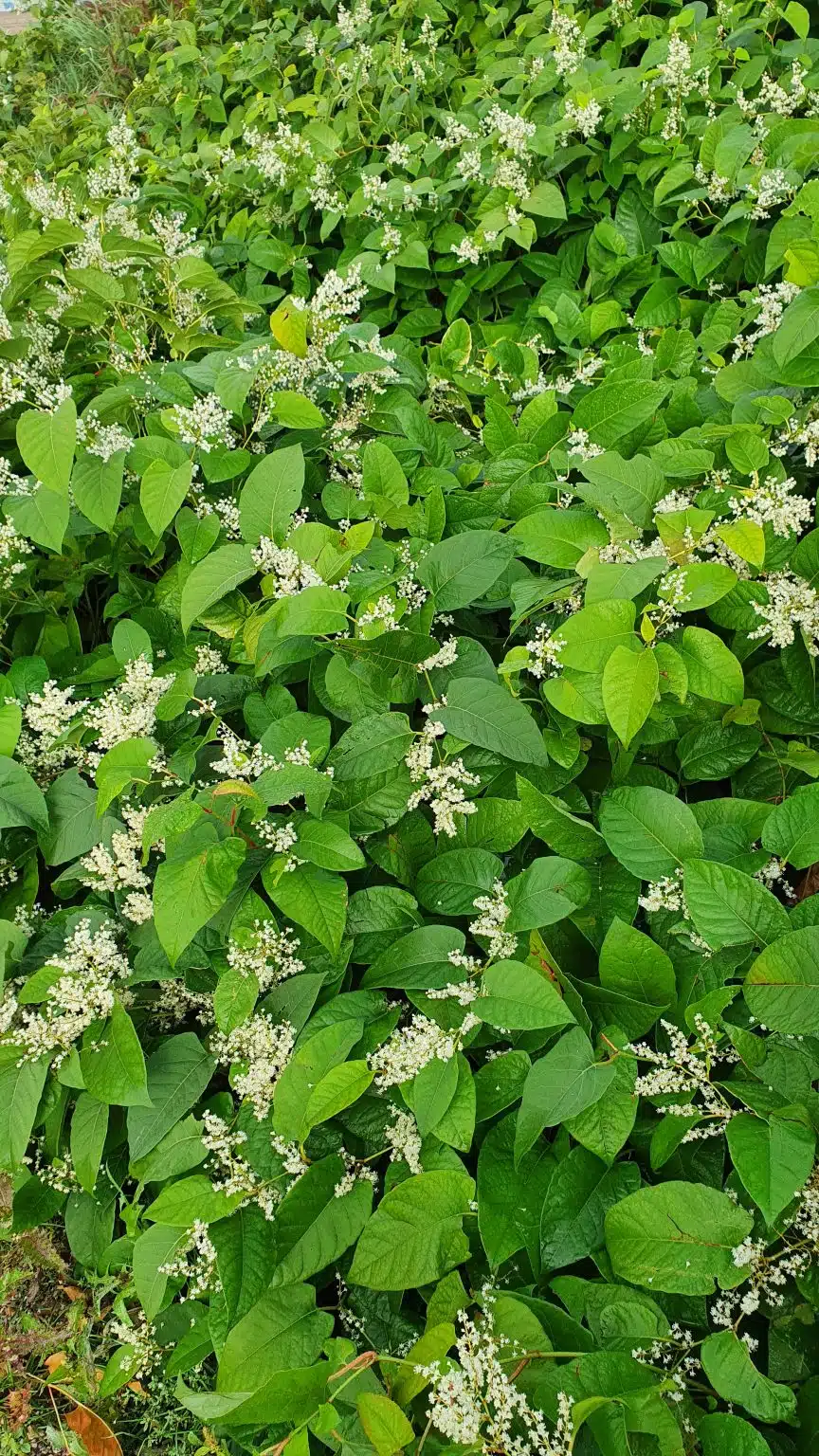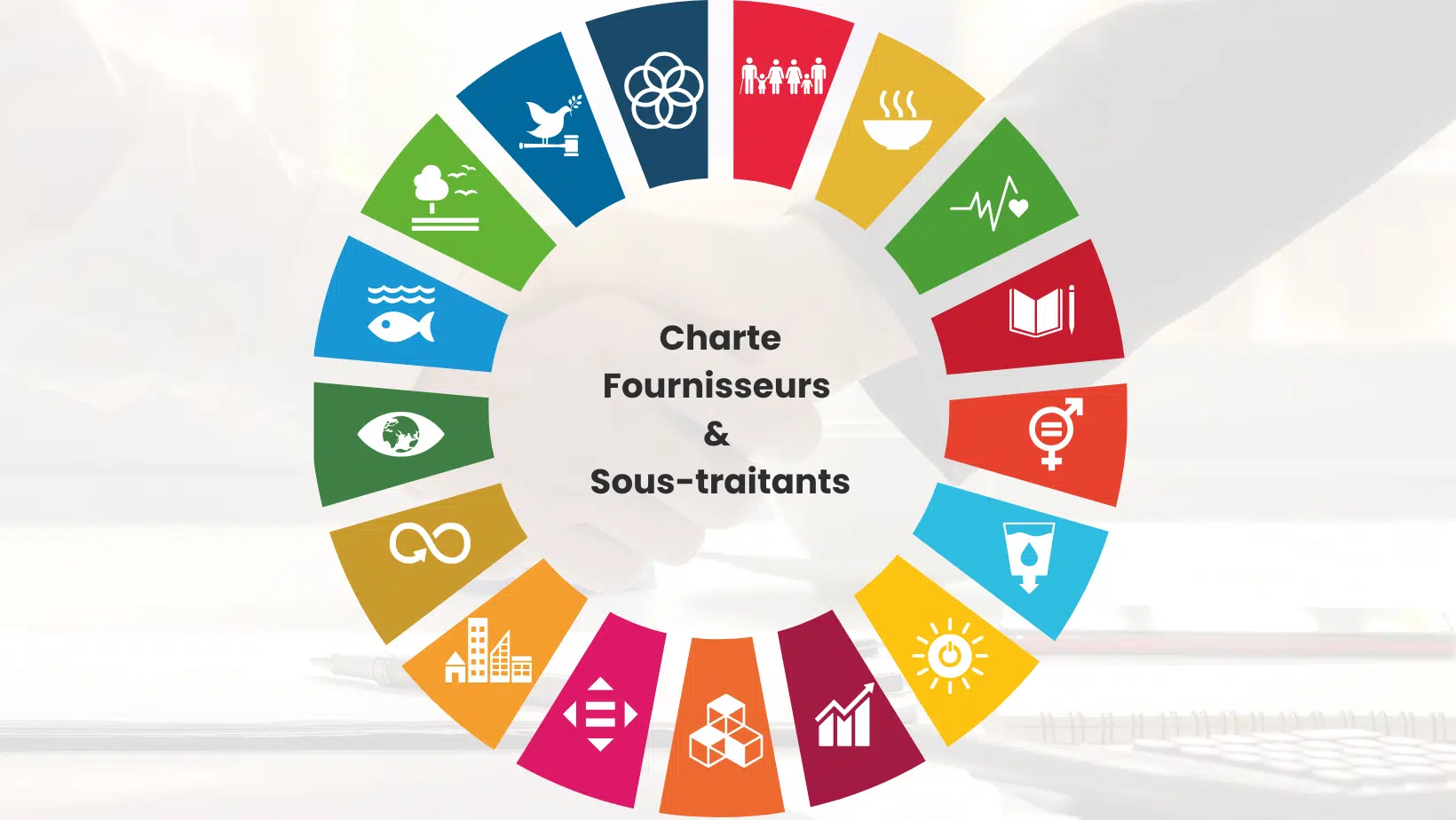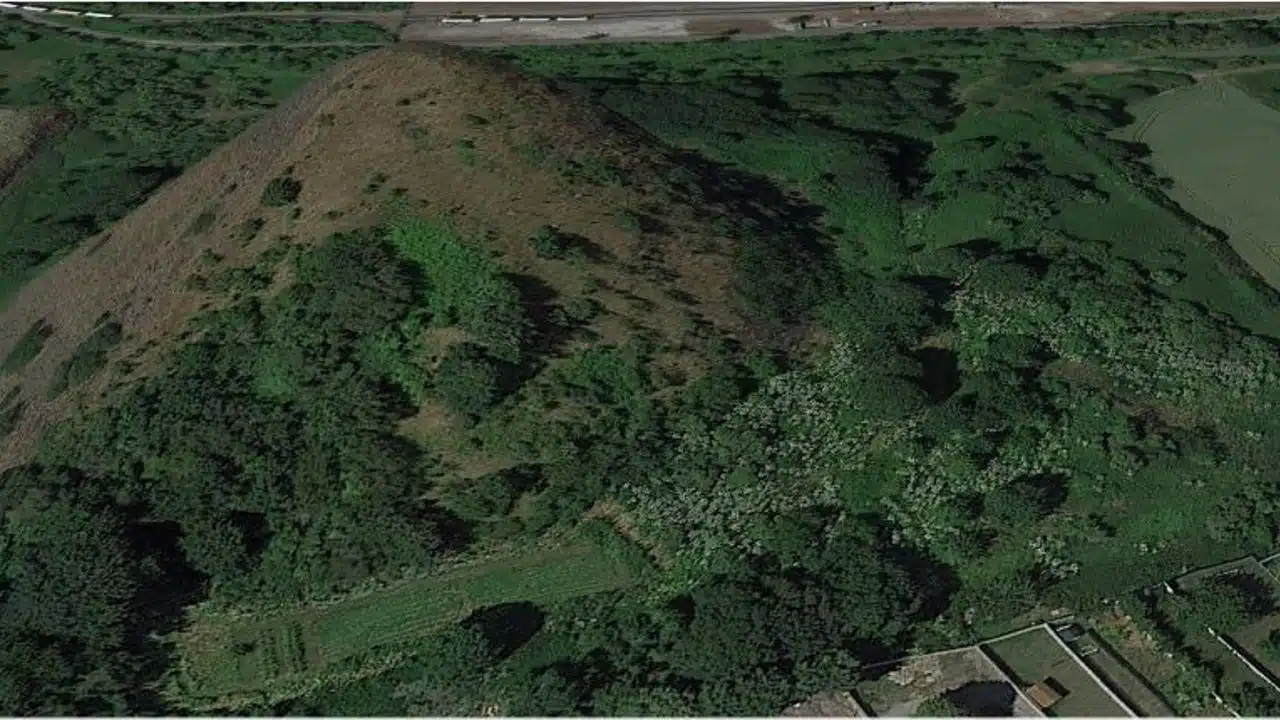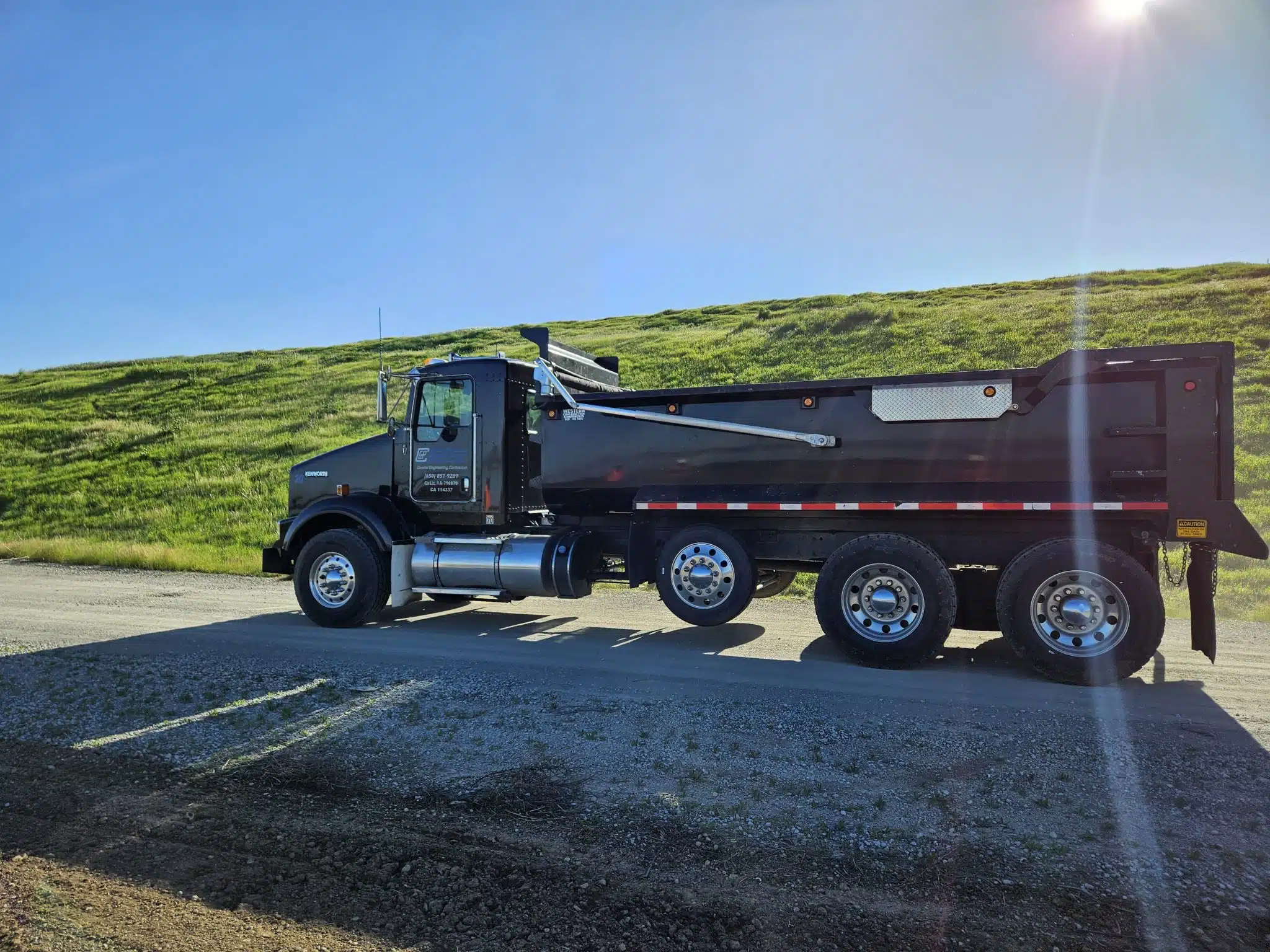Biodiversity and construction
According to the IUCN, invasive alien species (IAS) are one of the five global causes of biodiversity loss, along with habitat destruction, direct resource exploitation, climate change and pollution. In France, there are many examples of invasions: coypu, Louisiana crayfish, bullfrogs, ambrosia, tiger mosquitoes… A dozen plant species (EVEE) could concern land excavation sites and inert soil reclamation sites. In response to these growing challenges for construction and public works professionals, ECT is launching a unique offer to help them manage construction site soil impacted by invasive plant species. An important subject, given that an average of 12 new EEEs settle in a French département every 10 years.
A new offer to support construction and public works professionals in the management of construction site soil impacted by Invasive Plant Species.
As a leader in the management of construction site soil, ECT has expanded its offer to meet the specific needs of land impacted by invasive plants. Particularly in the case of a site subject to an EVE diagnosis, which generally recommends special measures for the treatment and disposal of plants and soil.
A dedicated service. ECT is able to offer an intermediary service for the treatment of soil impacted by EVEEs, at a competitive price, close to excavation sites and in compliance with regulations.
A trained sales team. The sales contact is trained in the logistical and regulatory issues involved in EVEE diagnostics, so as to offer the most appropriate solution for each project.
An evolution of the Demande Acceptation Préalable (DAP). DAP is evolving to meet this new service offer. The aim is to alert people to the presence of invasive species in and around the site prior to earthworks and evacuations. Information is mandatory:
– If the land is likely to contain root fragments and/or seeds of plants known to be invasive.
– If an EVEE diagnosis has been performed.
Accompaniment on the excavation site. Environmental technicians are trained in the management of soil impacted by EVEEs, to ensure that the soil is channeled to the right channel. They are also trained to recognize EVEEs.
What is an EEE?
An IAS is an invasive alien species defined as a species transported by man outside its natural range, whose reproduction, establishment and spread threaten native ecosystems and species, and have very significant negative ecological, economic or health impacts.
- In mainland France, 1,379 exotic species of flora and 708 exotic species of fauna have been recorded.
- On average, 12 new EEEs settle in a French department every 10 years.
- 11% of impacts on biodiversity are linked to the introduction of invasive alien species.
- 16% of extinctions are caused by IAS alone.
The annual cost of EVEE control in France is estimated at €400 million .
Combating the spread and proliferation of invasive plants
This fight against the proliferation of invasive plants is part of the commitment to enhance, strengthen and preserve biodiversity that ECT has been carrying out with the OFB since 2023, in partnership with Humanité et Biodiversité, with whom ECT has been collaborating since 2019.
In this context, ECT informs its earthworker and haulier customers of the risks involved in bringing in soil impacted by invasive plants, makes its employees aware of the environmental and health impacts of EVEEs, fights against their spread from customer worksites, and limits their proliferation on its sites through good monitoring, mapping, demarcation and neutralization practices.
This new offer reinforces this support.



